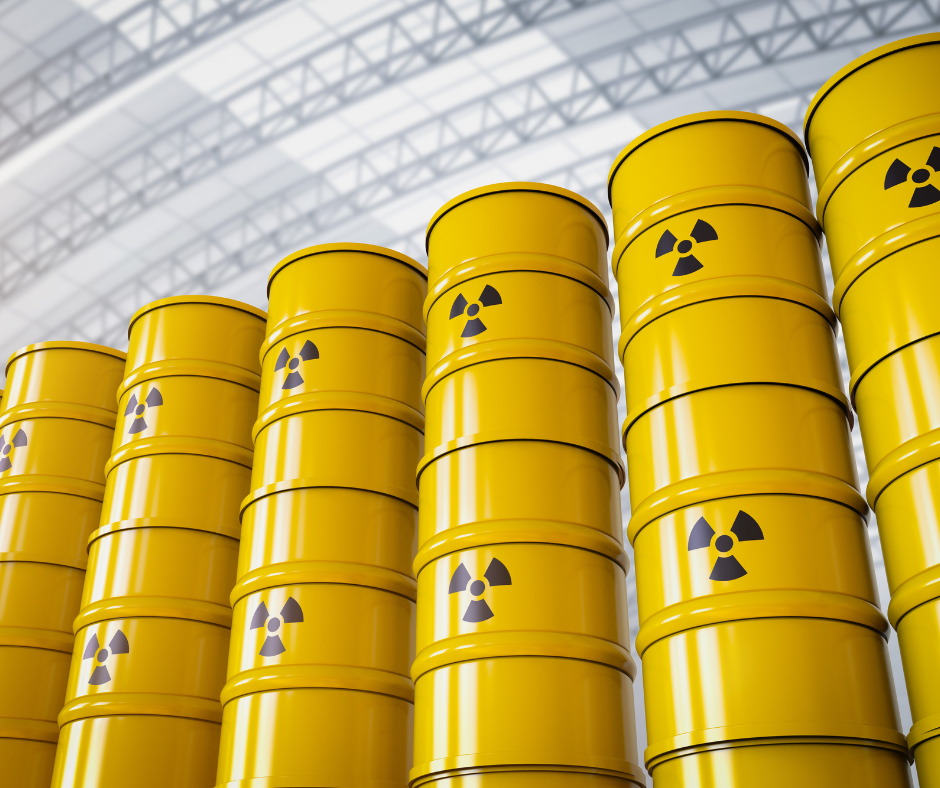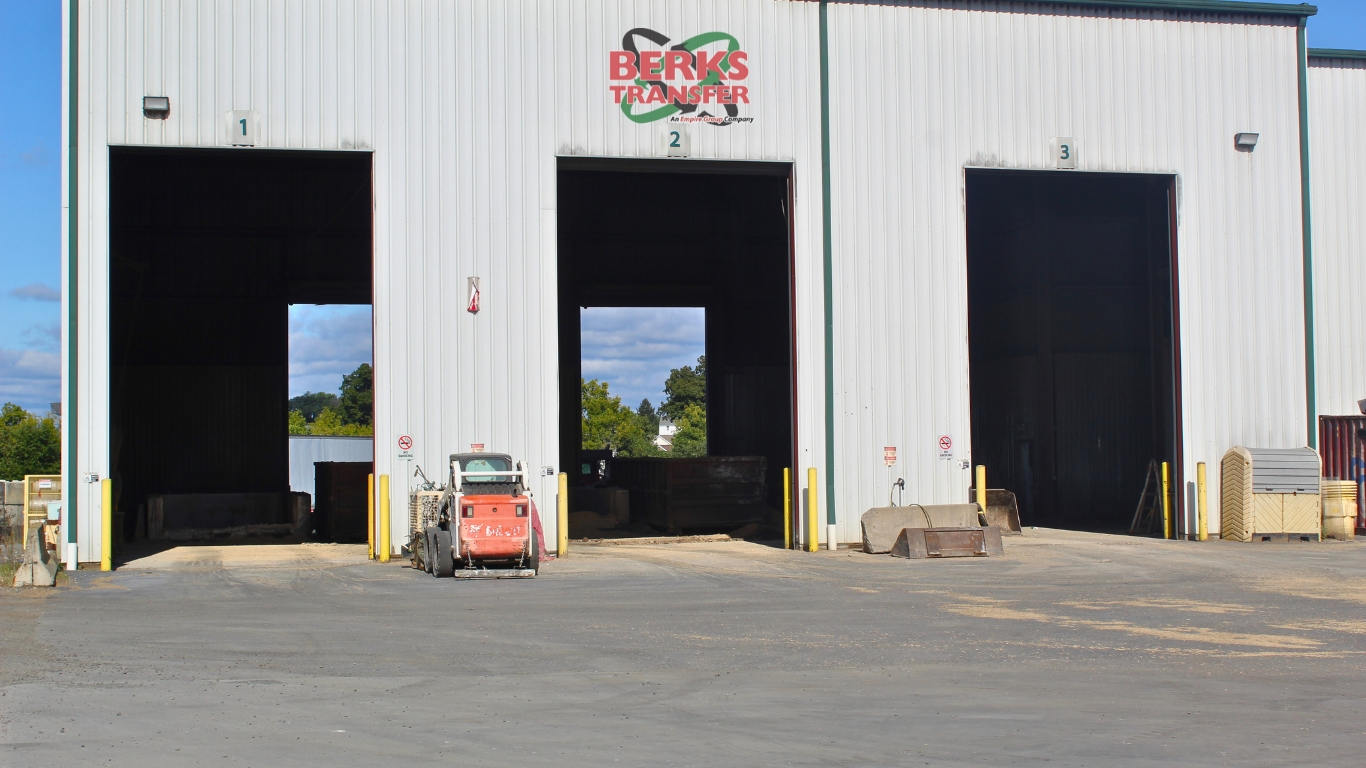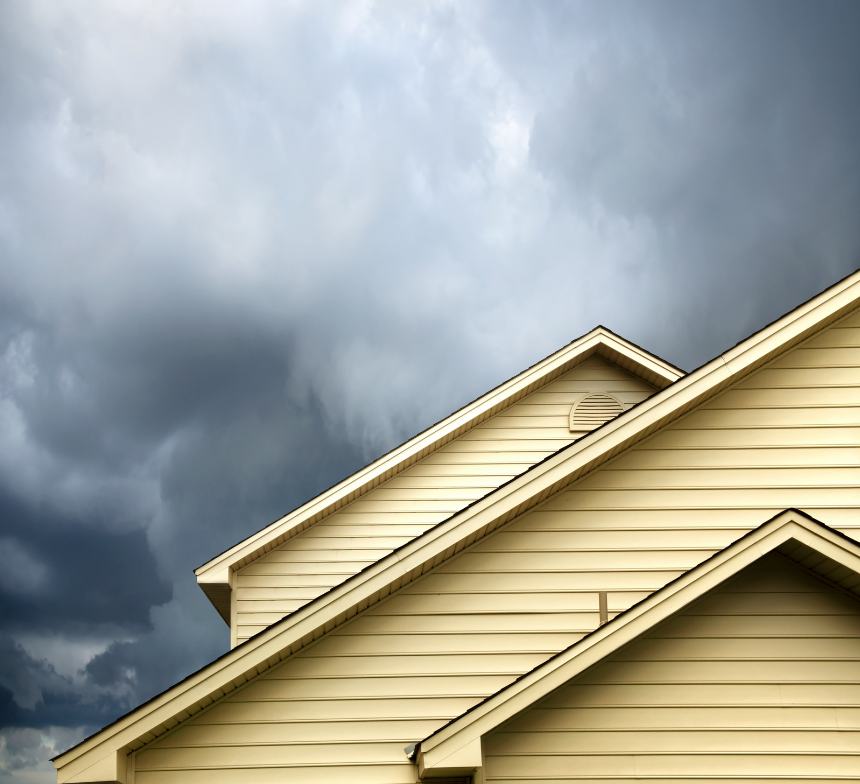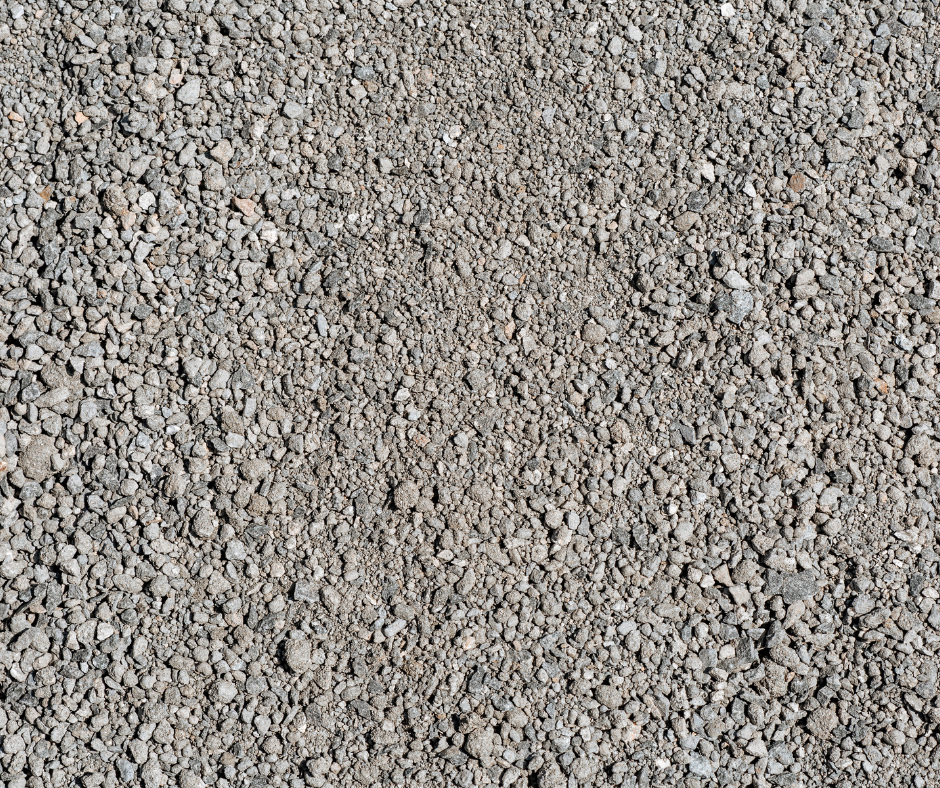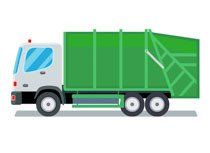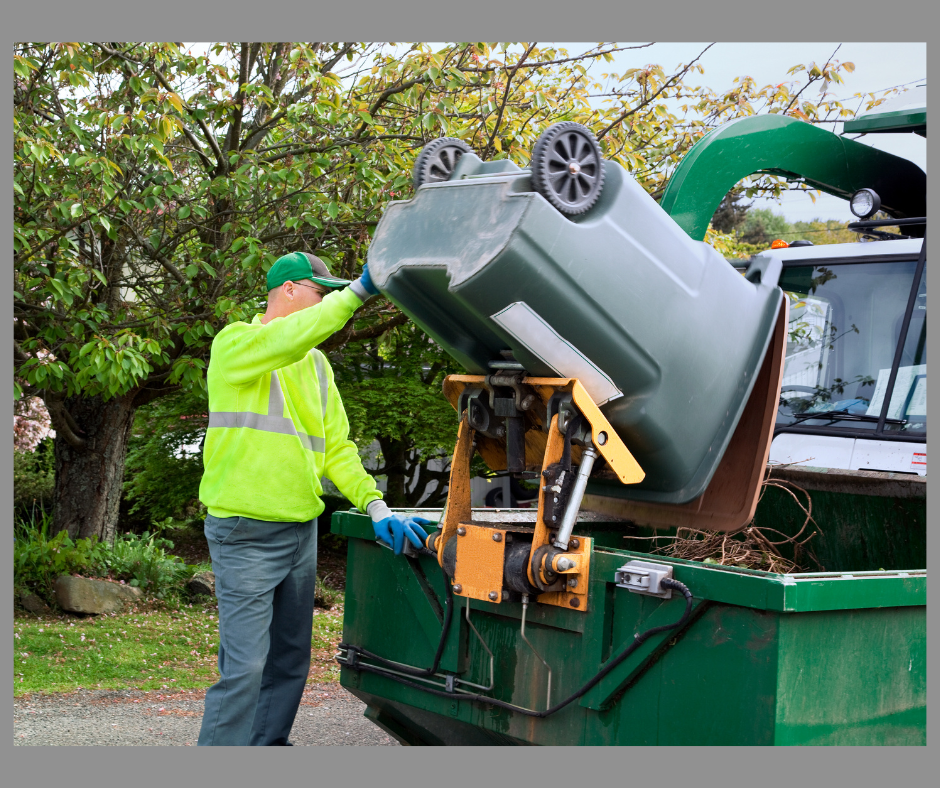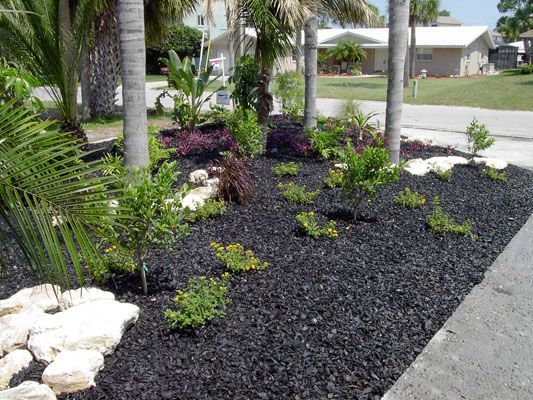
I guess having a flat tire isn’t a good excuse – when you work from home.
Speaking of tires, what do used tires, asphalt and concrete have in common? No punch line for this one. Actually, it’s quite a bit nowadays.
Concrete, as a stand-alone product, has a finite number of useful years, depending on the design of the mix, and things like exposure conditions (think weather, earthquakes, and erosion). However, there are materials, such as recycled tires, that can increase the life of the concrete to a great extent. Adding rubber to the mix makes the concrete more heat resistant and increases its strength. If fact, rubberized asphalt concrete manufacturers have been adding rubber to asphalt for quite some time. It’s been in use on roadways across the country since the 1980s.
According to a recent study at Purdue University, it’s estimated that more than 270 million scrap-tires weighing more than 3 million tons are produced in the United States each year. This waste is non-biodegradable and poses severe fire, environmental and health risks. Aside from tire derived fuel, the most promising use of recycled tires is in the engineering applications as artificial reefs, erosion control and aggregates for asphalt and concrete. In Melbourne, Australia’s RMIT University notes that the mix, if used for base layers, can make roads less prone to cracking. The mix could also promote recycling and support the circular economy. There are even more uses for recycled tires!
When you’re at a local high school track meet, or a football game, or a playground, take a look at the ground surface. There are many school systems who’ve made the decision to invest in such artificial surfaces to help lower the number of injuries from hard surface falls. Think about it. If schools and county buildings are making use of such innovations, corporate and commercial properties would naturally be next. It’s become a talking point for LEED based professionals and offers LEED credits.
Last, but not least; it’s quiet. That means environmentally, it effects noise pollution too. Not bad. Not bad at all.
